On View
A New Show in Hong Kong Explores the Many Ways Contemporary Chinese Artists Are Inspired by Magic—See It Here
Take a sneak peek at a gallery that has just reopened to the public.
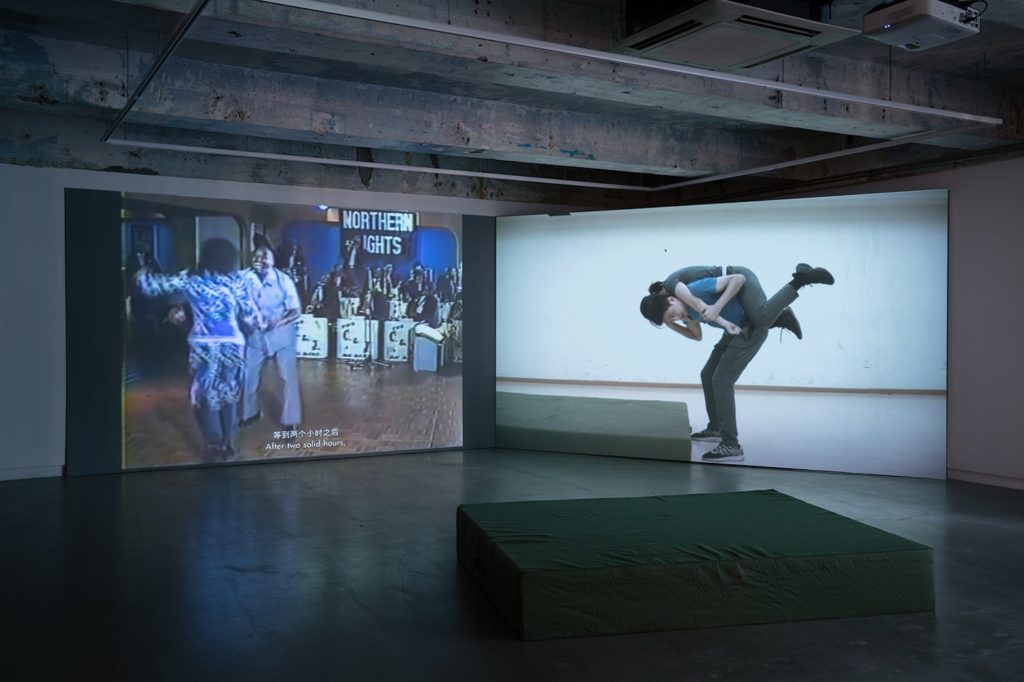
Take a sneak peek at a gallery that has just reopened to the public.

Caroline Goldstein

As galleries around the world begin to slowly reopen, we are focusing on exhibitions at spaces that are now open to public visitors. Check out this show at a newly reopened gallery below.
What the gallery says: “Artists take viewers into a realm of fantasy that is both factual and fictitious. Sometimes it even borders on the supernatural as it stimulates sensations and affects that evade our normal perception and awareness. As such, artists inspire us to reflect and think beyond our current existence.
Historically, magic has been conceived as the desire to use invisible forces to change the visible world. The link between art and magic displays the hidden rules of nature, investigates the visible world, and showcases the realm of dreams and desires. Against the complexity of social reality, Anonymous Society for Magick summons amazement whilst simultaneously revealing the immanent truth within our surroundings.”
Why it’s worth a look: As many cultural critics have noted, when the systems around us—social, political, economic—meant to provide stability are thrown out of whack, it’s natural for people to be drawn to fringe ideas to help make sense of the world. For the artists included in this group show at Blindspot Gallery in Hong Kong, the term “magic” is broadly applied to mean “make believe,” offering imaginative answers to the question, “What if?” The show, which features work by Chen Wei, Hao Jinban, Lam Tung Pang, Wang Tuo, and Trevor Yeung, is curated by Ying Kwok, who took the archaic spelling “magick” from occultist Aleister Crowley, a revered scholar who influenced Hilma af Klint and Agnes Pelton, among others.
Highlights of the show include Lam Tung Pang’s new video The Great Escape, which nods to Harry Houdini’s escape acts while commenting on more complicated social issues at play in Hong Kong. Trevor Yeung’s ethereal light bulbs and neon sculptures conjure the shapes of magic mushrooms and gesture toward the otherworldly experiences they offer. In a more practical application of make believe, Hao Jingban’s video Opus One follows an Asian couple on a quest to learn Swing dance, and wonders if they go too far in desiring to experience another culture as their own.
What it looks like:
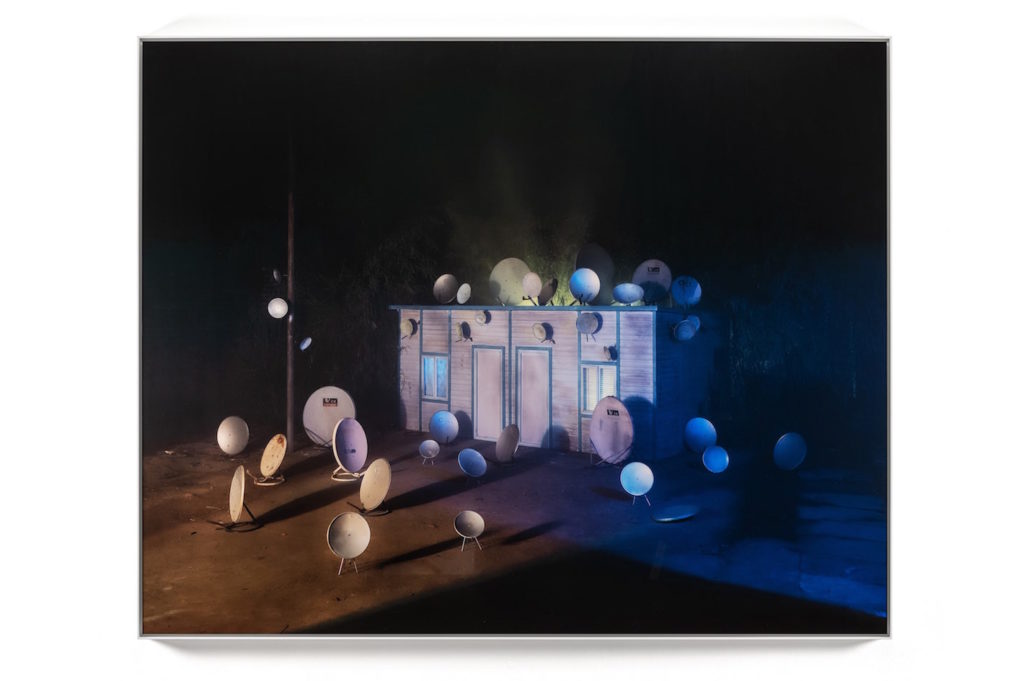
Chen Wei,Mushroom (2016). Courtesy of the artist.
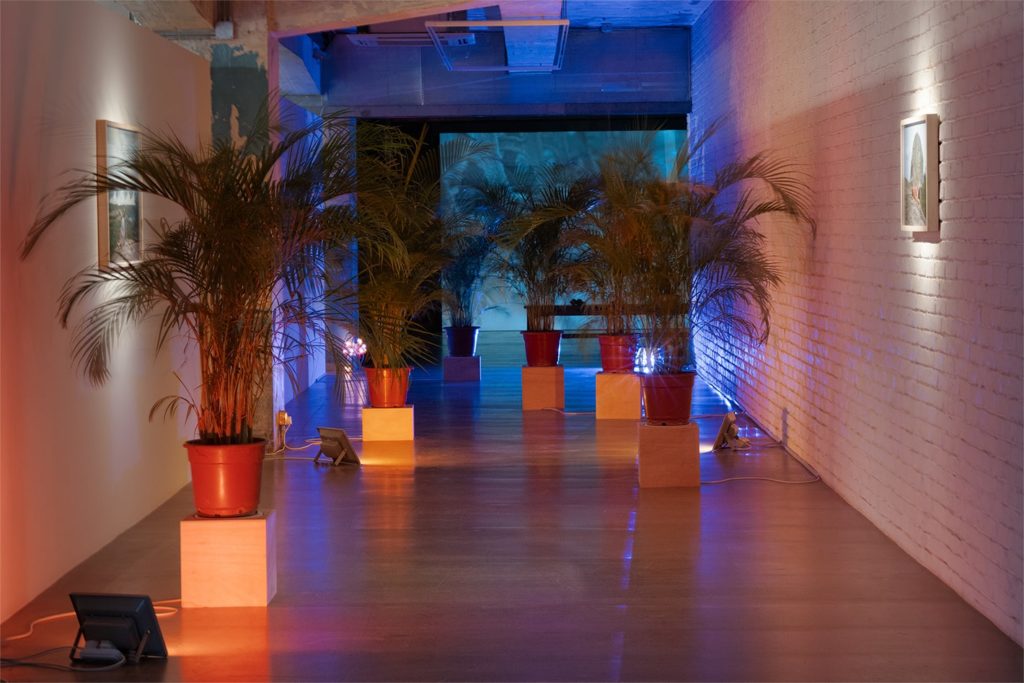
Trevor Yeung, Mr. butterflies at a waiting corridor (2020). Courtesy of the artist.
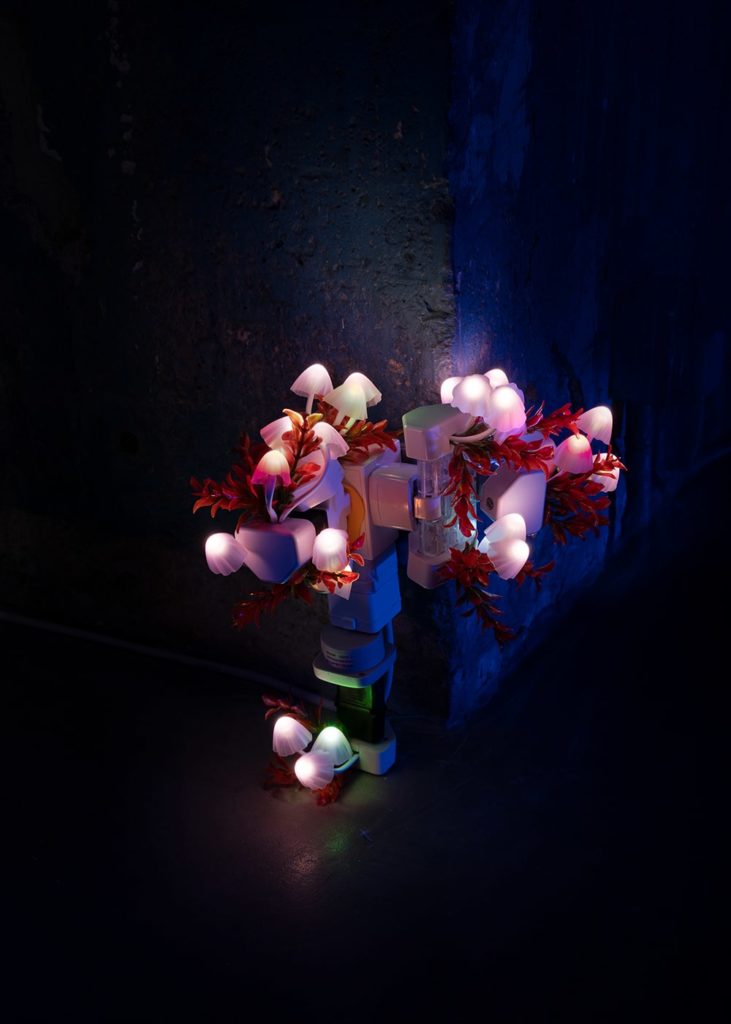
Trevor Yeung, Night Mushroom Colon (Eight), (2020). Courtesy of the artist.
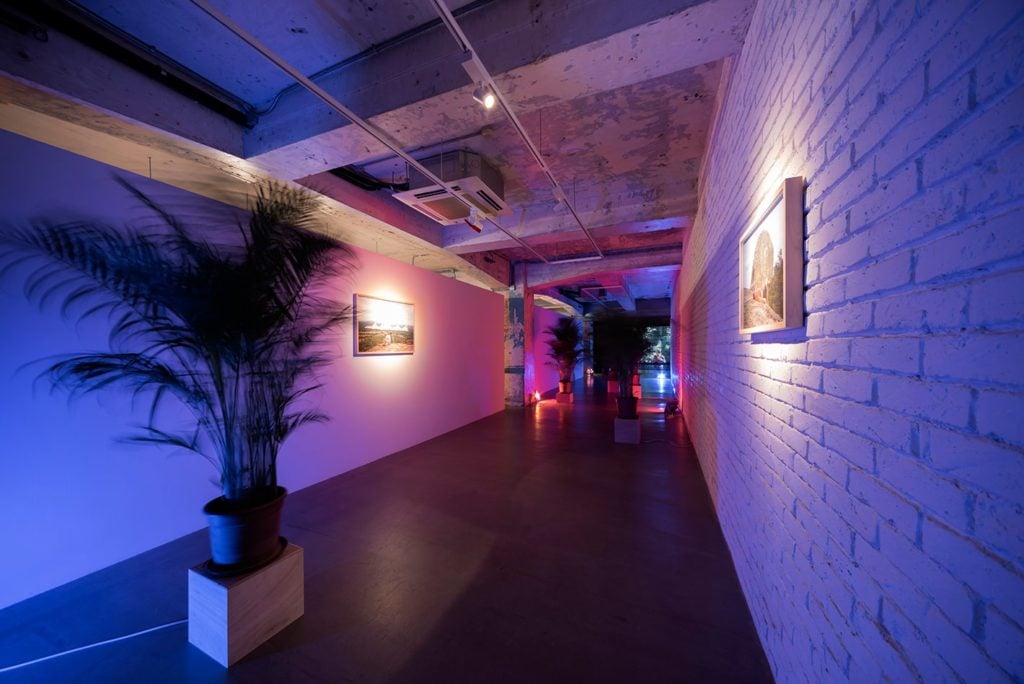
Installation view, “Anonymous Society for Magick” at Blindspot Gallery.
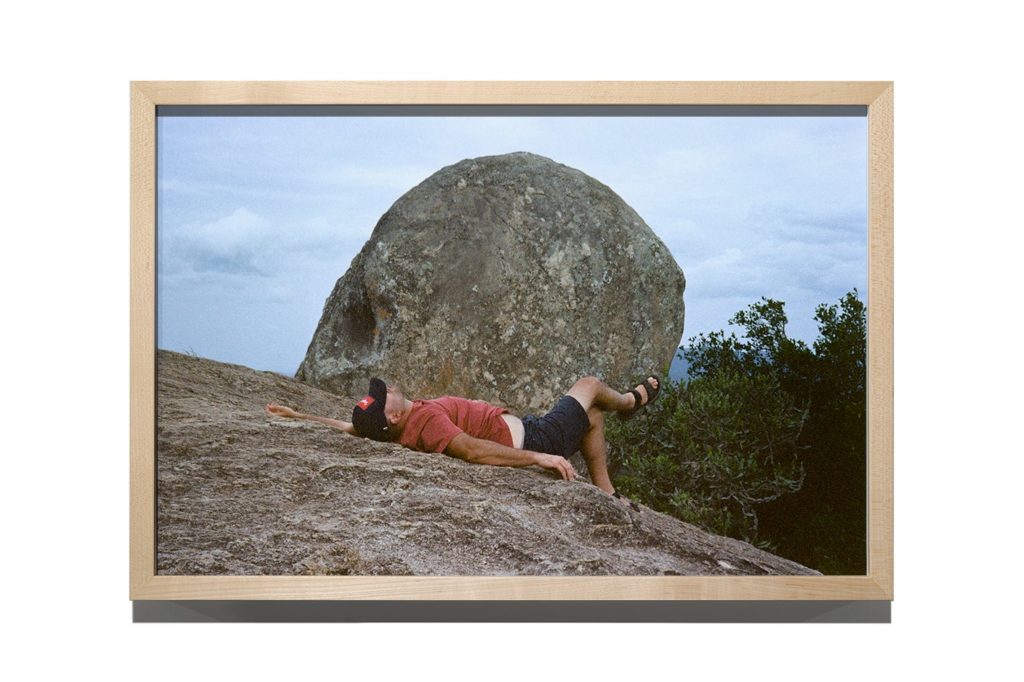
Trevor Yeung, Rock Sitter (2019).
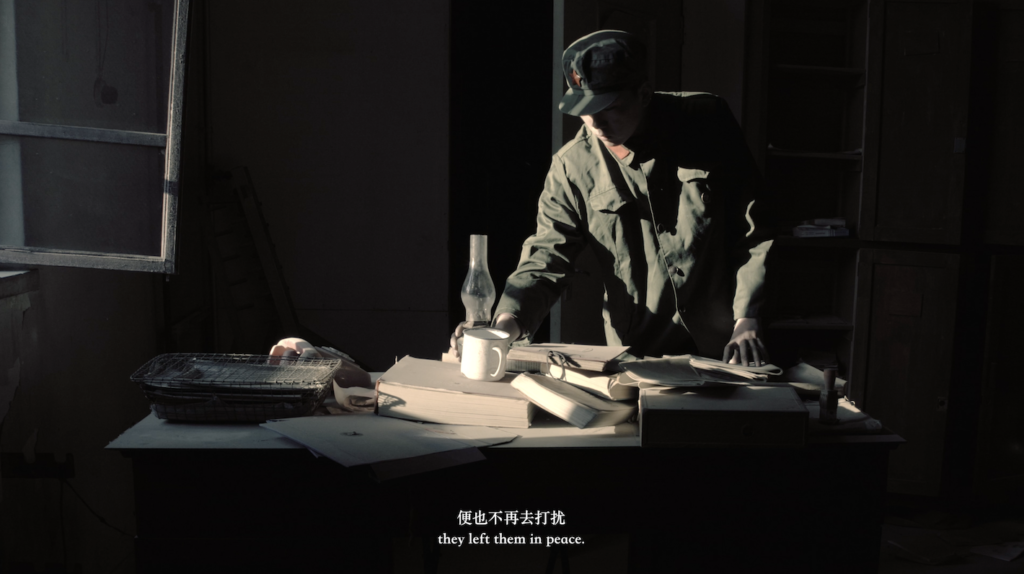
Wang Tuo, Symptomatic Silence of Complicit Forgetting (2020).
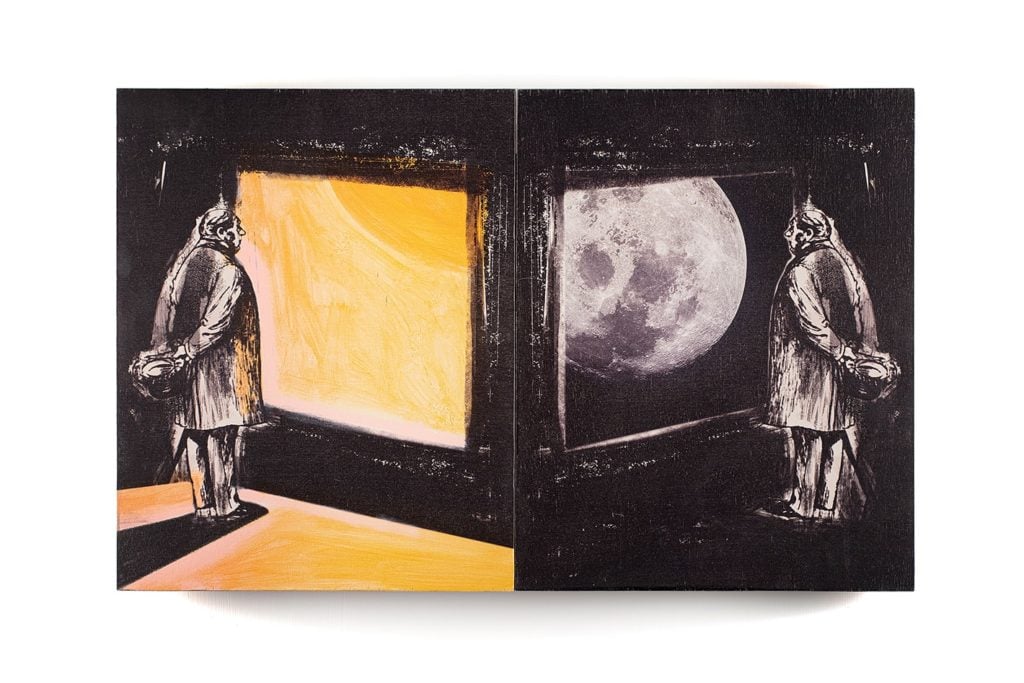
Lam Tung Pang, Untitled-2020-21 (2020).

Hao Jingban, Opus One (2020). Courtesy of the artist.
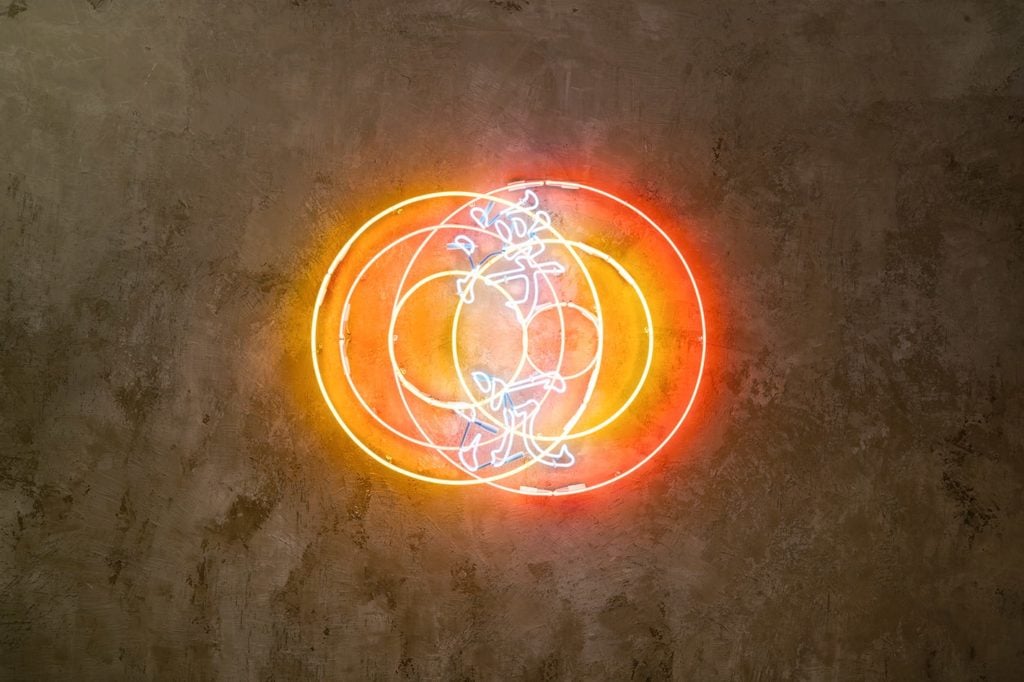
Chen Wei, Drifting Along (Hong Kong) (2020). Courtesy of the artist.
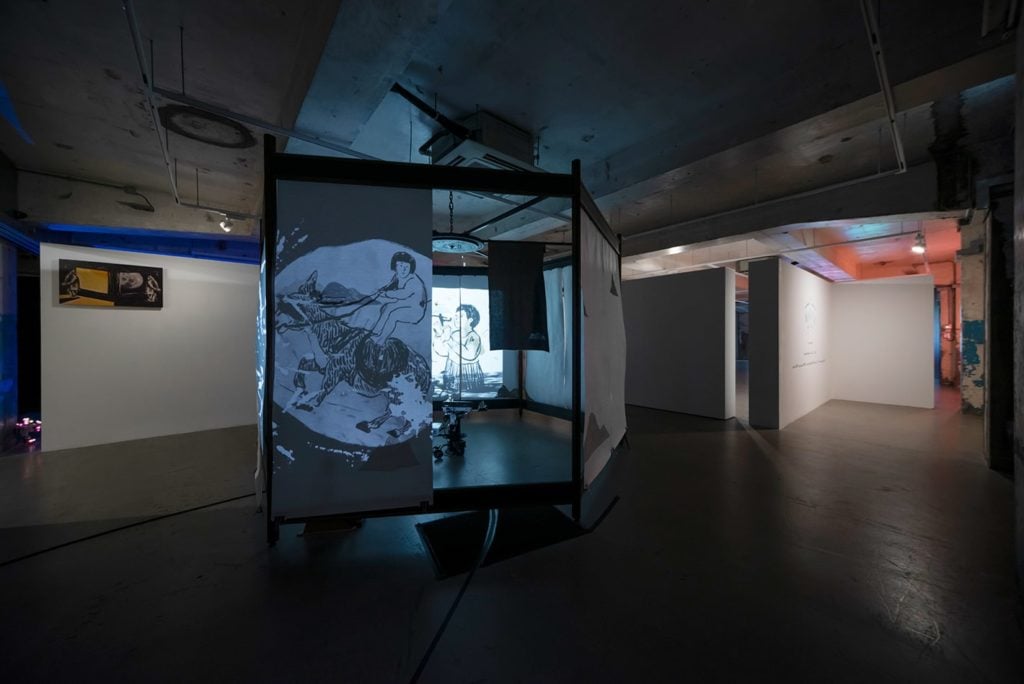
Installation view, “Anonymous Society for Magick” at Blindspot Gallery.
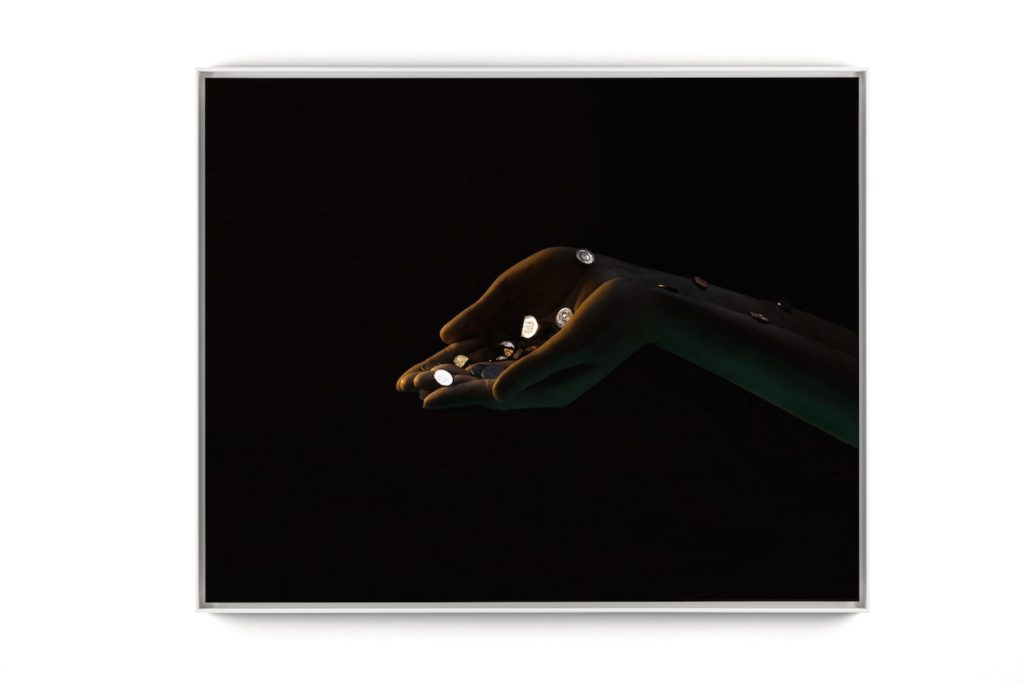
Chen Wei, Coins (A Pair of Nameless Hands) (2017).
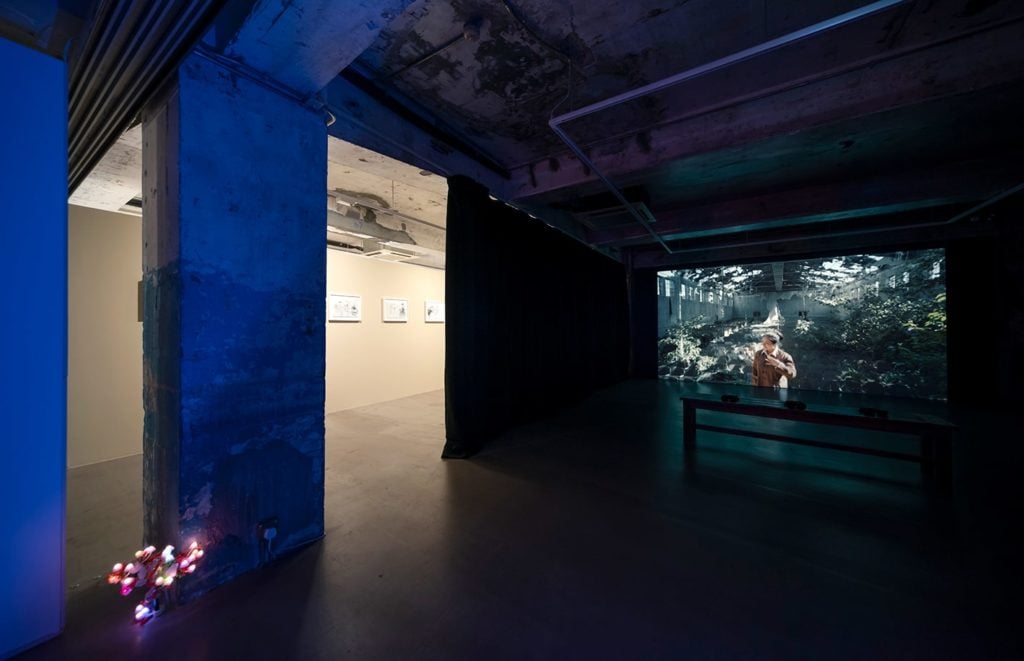
Installation view, “Anonymous Society for Magick” at Blindspot Gallery.
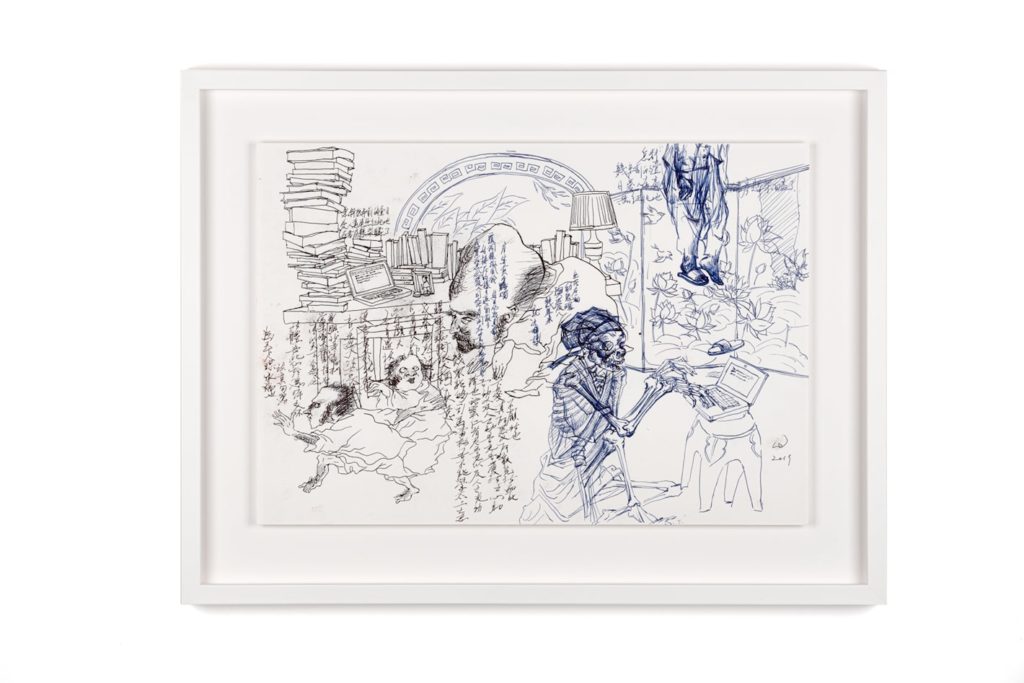
Wang Tuo, Magic show (2020). Courtesy of the artist.
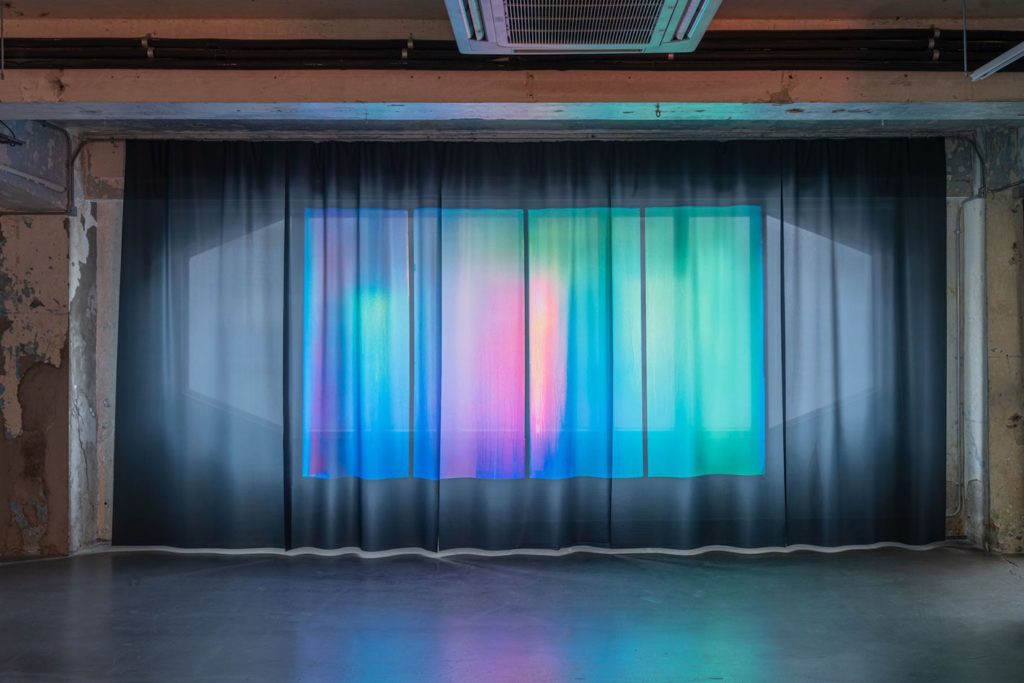
Chen Wei, Curtain (Floating New Buildings/ Hong Kong) (2020). Courtesy of the artist.
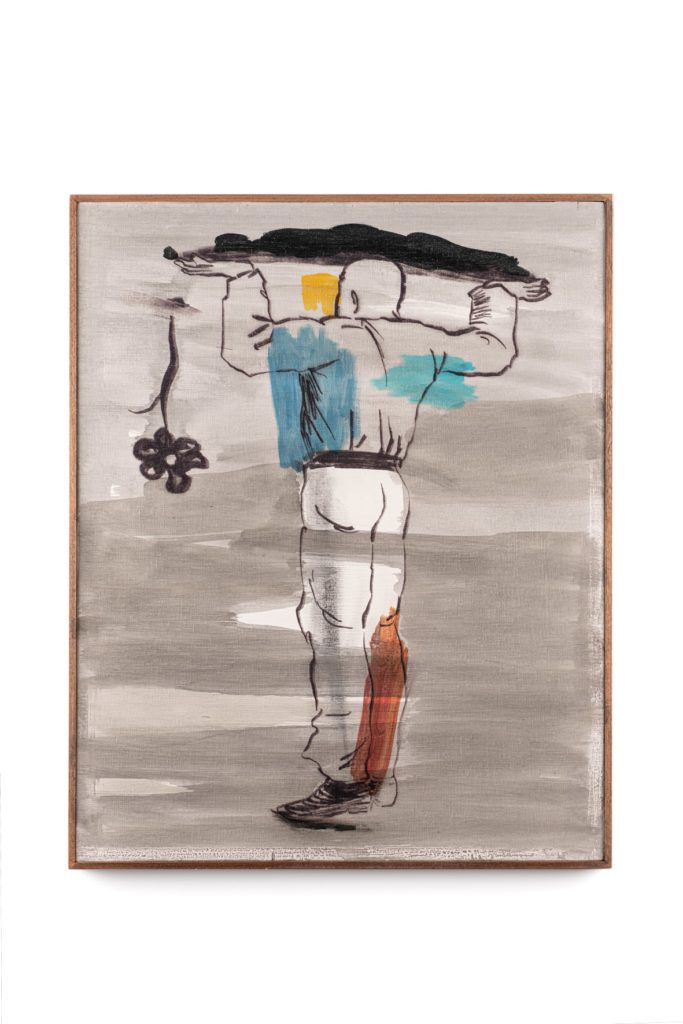
Lam Tung Pang, Untitled-2020-19 (2020). Courtesy of the artist.